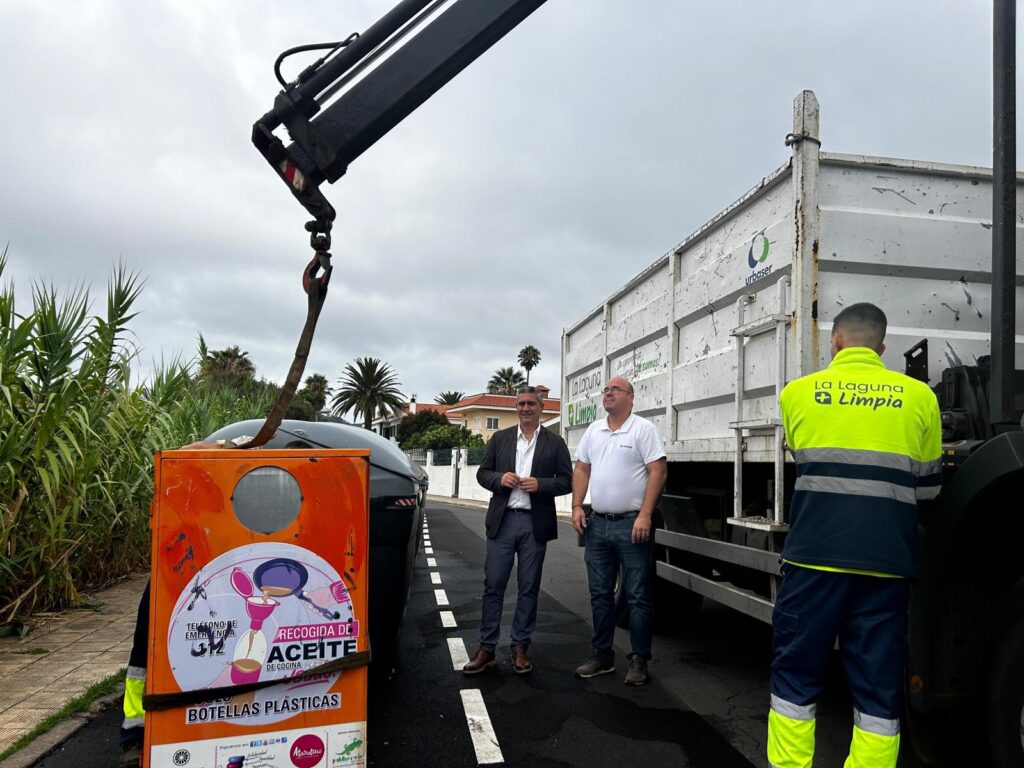
He insists that the State must address the “urgent attention” required for migrant minors and expresses hope for a resolution in the upcoming weeks.
MADRID, 26 September (EUROPA PRESS) –
The President of the Canary Islands, Fernando Clavijo, declared this Thursday that he will address the migration issue currently impacting the islands at the forthcoming Conference of Regional Presidents, “whether the Government likes it or not.”
“Regardless of Pedro Sánchez’s preferences, he will be compelled to listen; he cannot stop the regional presidents from voicing their concerns. This is a matter that affects us all,” stated the Canarian president during a breakfast colloquium at Club Siglo XXI, wherein he expressed gratitude for the support from the autonomous communities.
Clavijo remarked that while he appreciates the Government’s intention to focus on housing as the main subject at this meeting of regional leaders—set to take place in Cantabria, although the date is yet to be determined—each president will also bring forth their individual issues for discussion, a sentiment he is confident about.
In this context, he elaborated that the migration challenge impacts the entire country due to the influx of migrant minors arriving in the Canary Islands. Many young individuals leave upon reaching 18 and aim for France, often ending up in the Basque Country, which, although distant, experiences significant repercussions from this trend. He noted that it has been 30 years since the first boat made landfall from Africa, and lamented that “we have been unable to respond since then.”
Additionally, he highlighted that there are no unaccompanied migrant minors currently without care and expressed disapproval regarding the Public Prosecutor’s Office’s appeal against the Canary Islands’ protocol for minors’ care, which has been suspended following the High Court of Justice’s ruling on the matter. “We are baffled that it is insisted a minor in the custody of Maritime Rescue or the National Police, under the State’s protection, is considered to be in a situation of vulnerability or neglect; it is both legally and morally absurd,” he added.
“The State is expected to have the authority to safeguard its borders,” he affirmed, urging the State not to neglect this issue and to allocate the resources provided by the European Union efficiently. “There is nothing stopping the State from offering immediate aid; it is a legal obligation,” he stated.
STATE MANAGEMENT, “UNDECEENT AND UNLAWFUL”
He argued that the Canarian Government felt compelled to establish its own reception protocol due to the State’s failure to adhere to its own protocol from 2014, which included the Public Prosecutor’s Office neglecting to prioritise the best interests of the minors involved.
The Canary Islands Executive, he indicated, “has solely focused on safeguarding the general interest of the minor and their legal security, as the previous administration’s actions and the ongoing measures by the State Administration are deemed both indecent and unlawful.”
Clavijo expressed confidence that a nationwide agreement regarding immigration would materialise within the next few weeks. “Politics should facilitate progress rather than hinder or conflict with one another,” he asserted, adding that he believes the PP, PSOE, and the Spanish Government “will accomplish it.”
When queried on what remains to be agreed upon, the leader explained that the Ministry of Children and Youth must present a proposal outlining the criteria and the minimum number of placements each community should have to support unaccompanied migrant minors.
He emphasised that immigration “will persist, regardless of how many barriers we erect,” cautioning that without an agreement, there will be “greater empowerment of the mafias and more fatalities,” while criticising those who “criminalise” immigration for “political gain, seeking to exploit this humanitarian crisis.”
A “TENSE” RELATIONSHIP WITH THE GOVERNMENT
Clavijo, who has reproached the central government for electing to challenge the Canary Islands’ assistance protocol in the Constitutional Court, acknowledged that the current rapport with Moncloa is strained.
“It is tense as there is a need to prompt action; if we do not elevate our tone slightly, progress will be stagnant due to reluctance to change. The State has been quite at ease: the minors were in the Canary Islands, and the issue was not theirs,” he remarked.
Nevertheless, he asserted that he “never” oversteps personal boundaries, noting that his relationship with the current Minister of Territorial Policy and former President of the islands, Ángel Víctor Torres, remains amicable.
The Canarian president reiterated that they developed the protocol to be “more stringent regarding the State’s demands and obligations.”
When asked whether his party, Coalición Canaria, would endorse the Government’s General State Budget proposal, Clavijo remarked it hinges on the PSOE.
“We are a state party, committed to honouring the pledges made, and there exists a Canarian agenda that Sánchez’s Government is failing to fulfil,” he highlighted.
Regardless, he maintained that “Spain requires a budget” while emphasising the necessity for it to meet “the needs and challenges faced by the people of the Canary Islands.”
Clavijo was introduced at the colloquium by Margaritis Schinas, Vice-President of the European Commission, who underscored the importance of the islands for the security and stability of the entire EU. “What unfolds in the Canary Islands impacts all Europeans; Canarians are not isolated during this crisis,” he asserted.
















